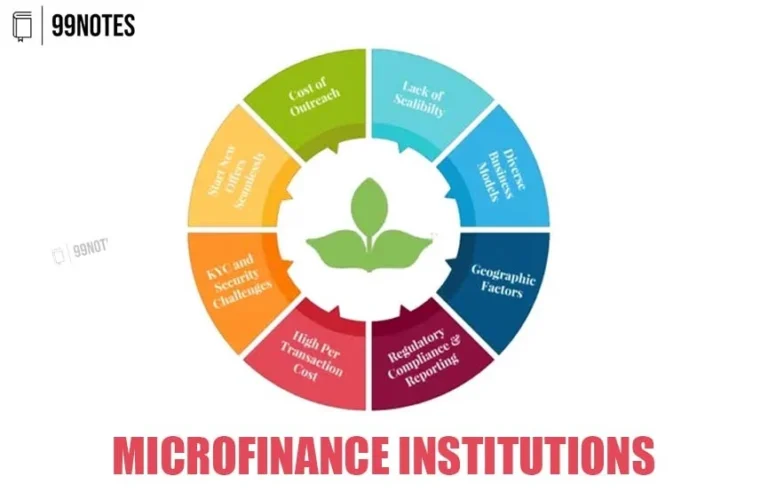25 April 2025 : Indian Express Editorial Analysis
1.The Pahalgam abyss (Source – Indian Express, Section – The Editorial Page – Page No. – 10) Topic: GS3 – Internal Security GS2 – International Relations Context A terrorist attack in Pahalgam targeting tourists based on their religion resulted in over two dozen deaths, highlighting the persistent threat of cross-border terrorism and its far-reaching political…




